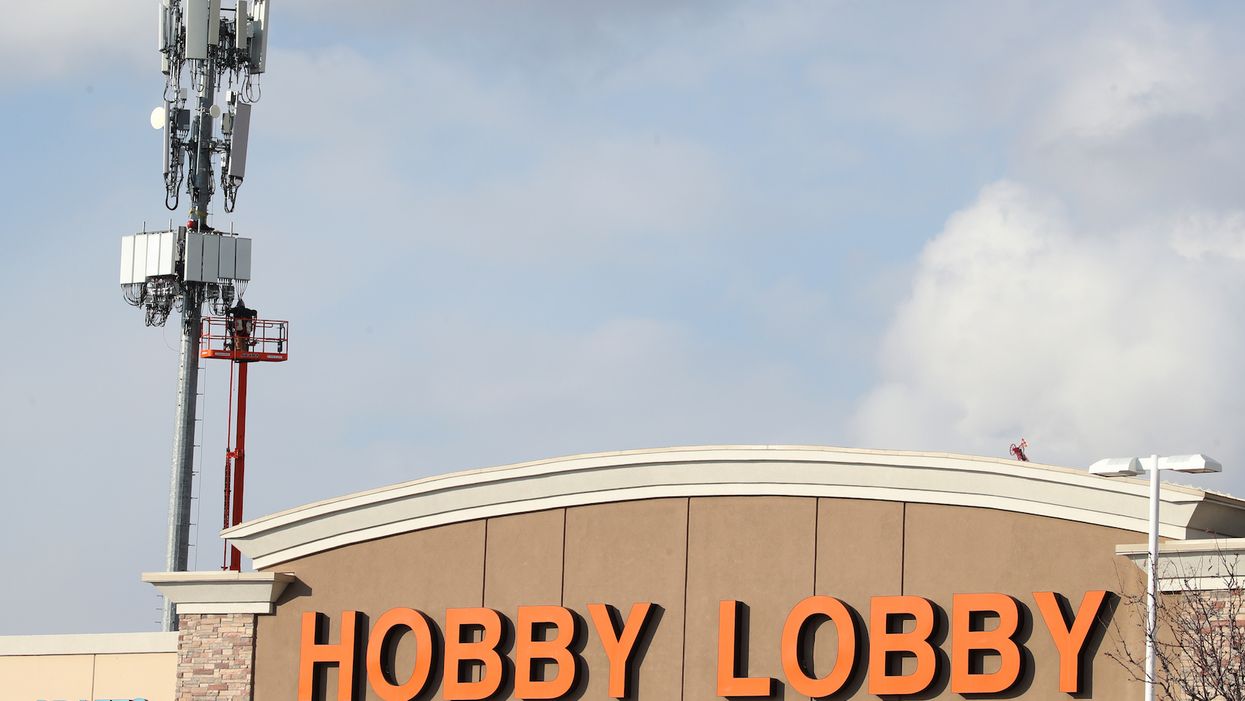5G network service is becoming more widely available in the United States every month. The next generation of wireless technology promises revolutionary increases in speed, capacity, and access that could transform numerous industries, including, but not limited to, the cell phone industry.
Consumers in many U.S. cities now have the option to upgrade to 5G through major providers such as Verizon, AT&T, and Sprint/T-Mobile. Should you make the switch? Is it worth the potential additional cost of a 5G-capable phone and a more expensive plan? What about the potential health risks of this relatively new technology? Here are some pros and cons to consider.
5G is MUCH faster than 3G or 4G
The most obvious benefit to individual consumers who switch to 5G is that they will have access to mobile internet speeds up to 10 times faster than 4G — at least in areas that have the infrastructure. Depending on where you live, you may have access to low, medium, or high band 5G. But even the low band frequency should provide faster download speeds than 4G.
In some areas, you can also get 5G home internet service, which could serve as a replacement for current broadband internet options such as cable internet, and can allow you to better use "smart home" devices due to a greater capacity.
This is all dependent on the level of 5G access in your area. 5G access is rapidly expanding, but still not available everywhere. And the very best 5G coverage, which requires higher transmission frequencies that have relatively limited reach, may only be available in certain neighborhoods and areas of cities.
You'll probably need a new phone, and possibly a new data plan
All that speed isn't free. To use 5G, you'll need to get a 5G-capable phone — and right now, most of those are pretty expensive. Also, if you're an iPhone loyalist, you're still waiting for Apple to release its first 5G phone. And the release of that phone could be delayed due to COVID-19 disrupting development and production.
Depending on your service provider, you might have to upgrade your cell phone plan to get 5G. Sprint and T-Mobile, which have merged, and AT&T offer 5G service in all data plans. Verizon only offers 5G with its higher-tier data plans.
Will 5G give you cancer? Coronavirus?
5G will not give you coronavirus, despite a surprisingly popular conspiracy theory online that tries to convince people that a virus is being transmitted through a cell phone signal.
In terms of other health risks, the conclusion is not as clear. Experts have no direct evidence giving reason to believe that cell signals, even higher-frequency 5G, cause harmful exposure to radiation.
5G cell signal falls on the high end of the radio frequency spectrum, but on the overall electromagnetic spectrum, it is on the low end of the microwave spectrum, well below things like infrared and ultraviolet, X-rays, and radioactive sources. It is considered non-ionizing radiation, a category that also includes FM radio, TV signals, and 4G.
Non-ionizing radiation is not considered harmful because it doesn't produce enough energy to damage cells in a way that causes cancer like ionizing radiation does.
Still, there are unknowns and concerns with 5G that researchers are attempting to study, although research is being outpaced by the expansion of the technology. Another reason for concern about 5G in general is that the smaller reach of 5G millimeter waves means cell antennas will have to be installed in greater numbers and closer together, which means people are going to be exposed to them whether they are using a 5G device or not.
Is it worth it?
From a pure performance standpoint, 5G is a big-time upgrade, especially if you're the type of person who does a lot of streaming, downloading, or gaming on your mobile device. People with high-tech smart home setups with everything from smart lights to smart thermostats to smart refrigerators would benefit from 5G home internet service if its available where they live.
It may not be worth the cost to buy a new phone and upgrade your data plan at this point if you're not using your phone for much beyond calls, texts, emails, and normal web browsing and app usage. And if you live somewhere without full 5G coverage, you could end up purchasing the capability for 5G without having convenient access to it.
As far as the health risks, there is not conclusive evidence that 5G is harmful to humans. But there hasn't been enough research to say definitively that there are no risks, as it is a very new and developing technology. Of course, the same can be said about 4G, which is now available almost everywhere in the U.S.







